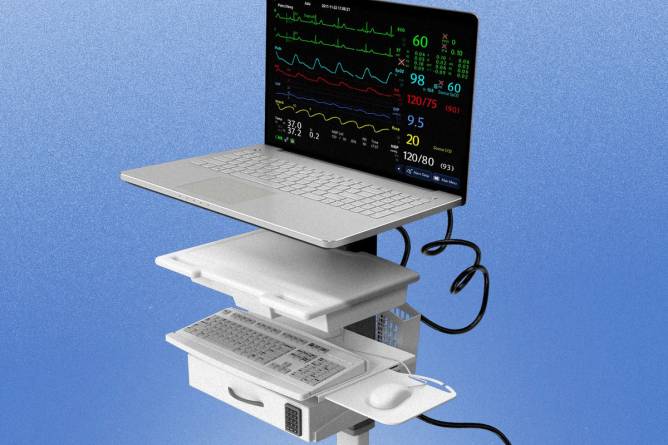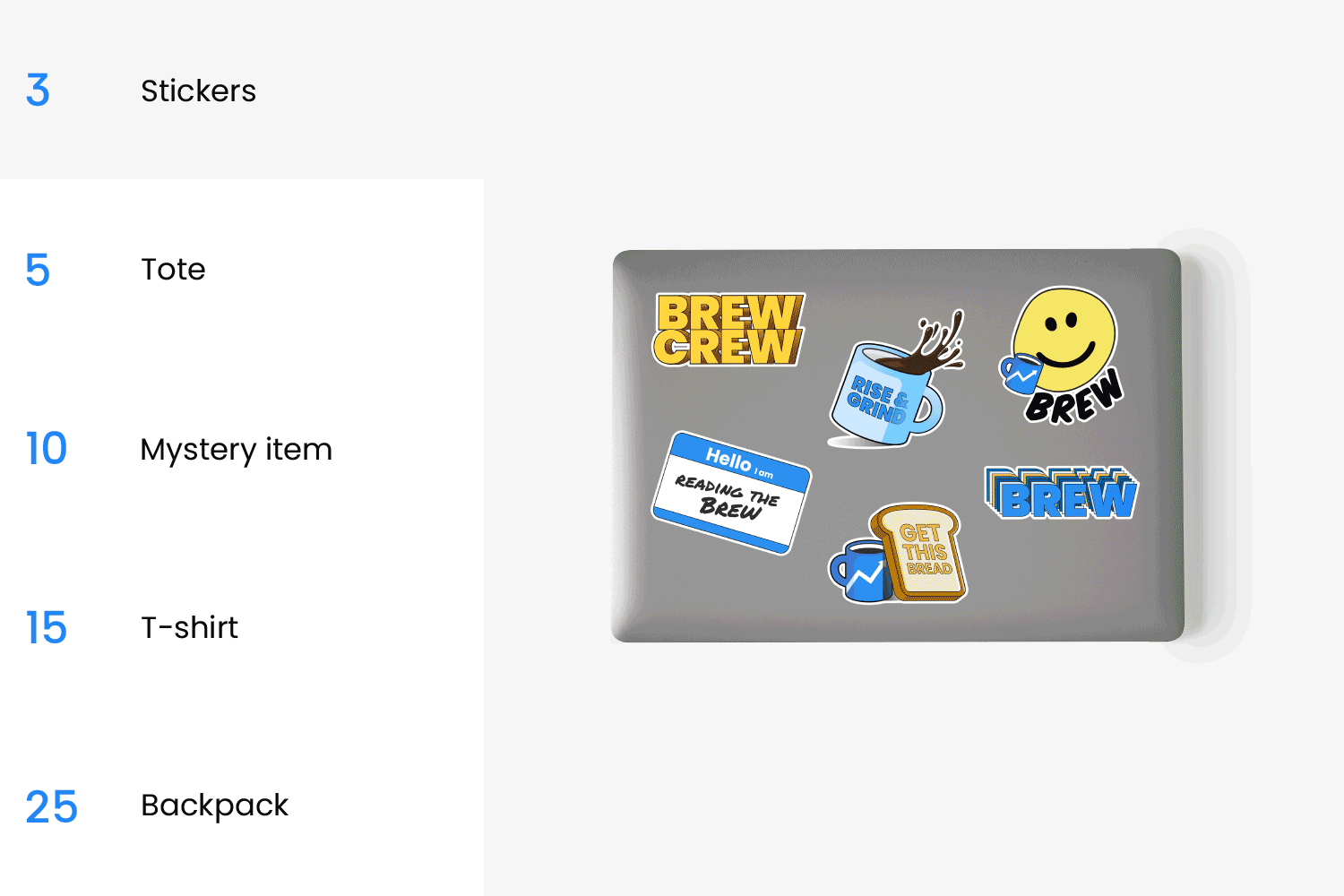|
Struggling with anxiety, depression, or another mental health condition? There are several smartphone apps for that. But the help that’s seemingly available at your fingertips may not be appropriate, properly tested, or private—and that should give consumers pause before hitting download.
To help patients and professionals sift through the growing number of mental health apps, the American Psychological Association (APA) developed App Advisor, an evaluation model that looks at access and background, privacy and security, clinical foundation, usability, and data integration toward a therapeutic goal.
The tool does not recommend specific apps, but instead focuses on clinician and consumer education.
“We want people to connect to things that are safe and effective,” John Torous, who chaired the APA’s Smartphone App Evaluation Task Force until last month, told Healthcare Brew. “If we, overall, look at what’s happened in the landscape, there’s a lot of unsafe things still out there.”
Torous, director of the digital psychiatry division at Beth Israel Deaconess Medical Center’s psychiatry department, said App Advisor came about in response to a growing number of questions from patients and professionals about the safety and efficacy of mental health apps.
Privacy concerns related to how data collected by apps is shared and stored have also increasingly garnered headlines and sparked federal action.
Many apps touted for mental health, for example, are actually “wellness” apps and lack the confidentiality or data privacy that patients expect from mental health professionals, Torous said. Even those that offer telehealth services often connect users with “coaches,” not licensed clinicians.
A recent review of 32 mental health apps from Mozilla, the not-for-profit behind the Firefox browser, found that more than half (19) lacked adequate privacy and security—with issues ranging from weak password requirements to recorded personal photos, videos, and messages shared with chatbots—and had “privacy not included” warning labels.
Keep reading here.—SY
Do you work in healthcare or have information about the industry that we should know? Email Shannon at [email protected]. For completely confidential conversations, ask Shannon for her number on Signal.
|







